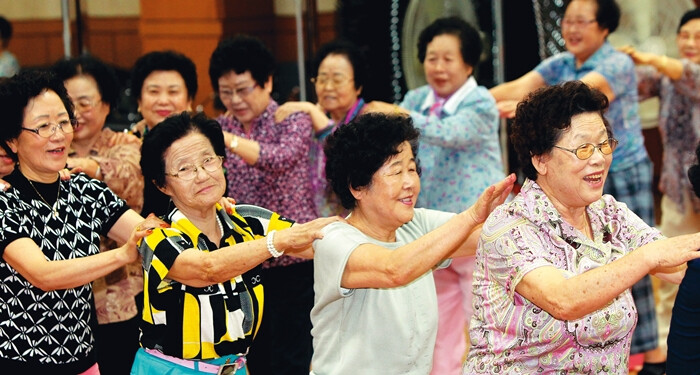
The entry into a super-aged society has brought the issue of elderly housing to the forefront as a critical social challenge. In particular, there is growing concern that elderly housing policies centered on isolated senior living communities can deepen social isolation and undermine the dignity of the elderly. As an alternative, new housing models that promote intergenerational coexistence and the remodeling of existing residences are gaining attention.
Recently, while many senior living communities boast state-of-the-art facilities, they often result in isolating the elderly, cutting them off from the outside world. The standardized, management-centered structure can hinder the elderly's independence and weaken their social networks, leading to loneliness and depression. The elderly should be able to maintain their independence and increase their life satisfaction through everyday activities such as cooking, taking walks, and interacting with neighbors.
Statistics show that 63% of accidents involving the elderly occur at home, highlighting the dangers of existing residential environments for seniors. Simple remodeling, such as removing thresholds, installing safety handrails, and providing bright lighting, can prevent accidents and ensure safe living for the elderly. Moreover, such remodeling can provide work for local small businesses, contributing to the revitalization of the local economy.
Instead of elderly-exclusive facilities, it is important to design spaces where various age groups can interact. Models that combine elderly welfare facilities with other amenities or open community spaces to promote intergenerational exchange, as seen in Japan, can prevent social isolation and enhance vitality. Opening the first floor of senior centers as cafes or integrating youth cultural centers with elderly welfare centers are good examples of intergenerational integration.
Policy support and improved social awareness are essential for these changes. Systems that support the cost of safety equipment for the elderly, like Japan's Long-Term Care Insurance, can reduce accidents and alleviate social burdens. Japan's Long-Term Care Insurance is a social insurance system introduced in 2000 to prepare for an aging society. Nationals aged 40 and over are required to pay insurance premiums, and those aged 65 and over, or those aged 40-64 with specific diseases, can receive various long-term care services depending on the degree of care needed. It supports home and facility services, and equipment rentals, and provides integrated medical, welfare, and housing services through a regional comprehensive care system.
Additionally, policies that include elderly-friendly community facilities in new apartment complexes or mandate the installation of daycare centers during the reconstruction of existing apartments can be considered to encourage intergenerational interaction.
The life of the elderly should not be merely a subject of care but one where dignity and independence are maintained. Improving existing residential environments and promoting intergenerational coexistence are important steps towards a sustainable future where everyone can live with dignity, even in a super-aged society.
[Copyright (c) Global Economic Times. All Rights Reserved.]



























